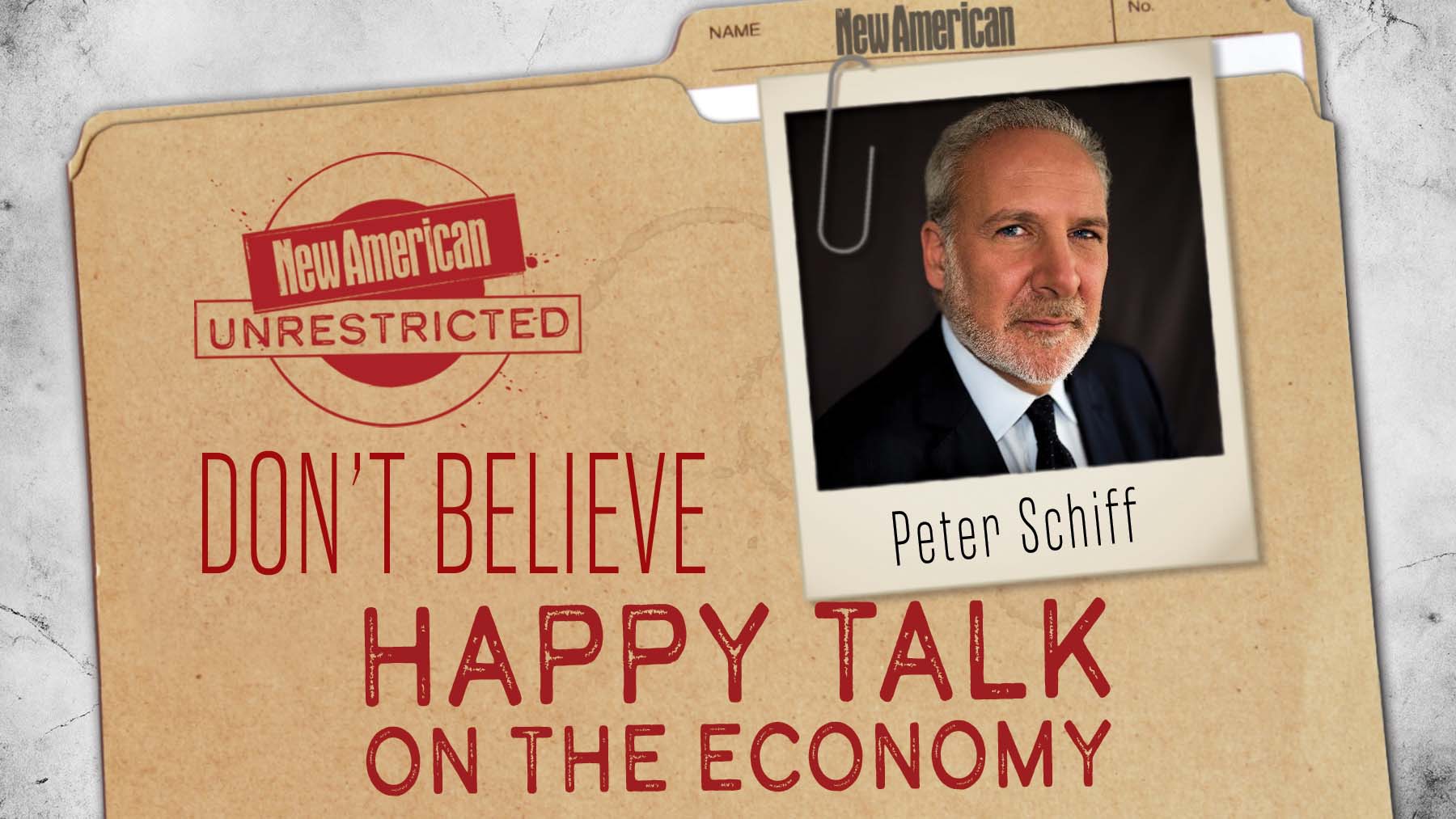
Economy Rebounding; Stocks Setting Records
Bookings for durable goods orders — those designed to last at least three years — jumped another 7.3 percent in June, following May’s 15.1-percent surge. Economists were expecting a 6.9-percent increase.
Behind the jump were orders for motor vehicles and parts, which leapt 85.7 percent in June following May’s 28.8-percent gain.
The two-month rally suggested that the manufacturing sector is recovering. A key stat from the Institute for Supply Management (ISM) just released gives additional credence: ISM’s Manufacturing Index, based on input from more than 300 purchasing managers across the country, just spiked from 43.1 in May to 52.6 in June, the largest increase seen in almost 40 years. Any number over 50 indicates an economy that is expanding.
This has caused hiring in that sector to increase by 47.8 percent in June compared to May, along with hiring increases in the consumer-goods sector (up 48 percent) and recreation and travel (up 157 percent).
Wall Street is liking these numbers. If stocks, bonds, and commodities (gold, oil, lumber, copper, etc.) continue their amazing run-up since the bottom set in March, by the end of this week it will represent the strongest simultaneous four-month rise in history.
Observers are claiming many reasons for the extraordinary performance of the U.S. economy following the COVID-inspired government-ordered shutdown, including hopes for a vaccine, more stimulus coming from the Fed, and “nimble, well-placed companies” finding niches in the new economy, as Amrith Ramkumar suggested at the Wall Street Journal.
Early on, portfolio managers sitting on billions in cash were skeptical that the economy, and Wall Street, would bounce back so quickly, but now many of them are putting their clients’ money back to work by taking new positions in stocks, bonds, and commodities.
Chris Harvey, the chief of equity strategy at Wells Fargo, told his clients in a note released Monday that he expects the S&P 500 Index to be at least another five percent higher by the end of the year. If he’s right, that index, currently trading at 3,232, would see 3,400 by the end of December, if not sooner. That would push the Dow, currently at 26,500, to nearly 28,000.
If that happens, it would mark 2020 as the year of the most rapid recovery from a recession in all of U.S. history.
There is one factor missing from commentators’ predictions: Wall Street is increasingly persuaded that Trump will be reelected in November, thus removing the shadow of Biden’s plans to raise corporate taxes, reinstall regulations abolished by the president, and push for the frighteningly expensive and disruptive Green New Deal that would hasten the nation’s bankruptcy. As The New American has reported (here, here, here and here), Trump’s reelection appears to be more and more likely, and Wall Street is comforted by the prospect.
Image: Igor Kutyaev/iStock/Getty Images Plus
An Ivy League graduate and former investment advisor, Bob is a regular contributor to The New American, writing primarily on economics and politics. He can be reached at [email protected].
Related articles:
Trump Gaining Among Independent Voters 100 Days From Election
Trump Campaign: President Will Keep Battleground States, Flip Others in November
Trump’s $20 Million Fundraiser Confirms Enthusiasm Chasm Over Biden
Biden Slipping, Trump Gaining Among Young Black, Brown Voters




